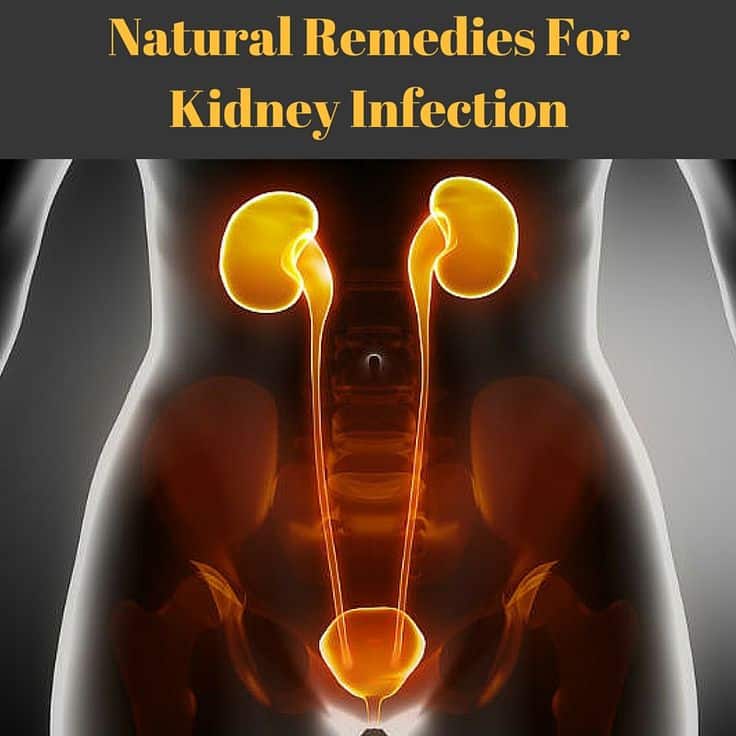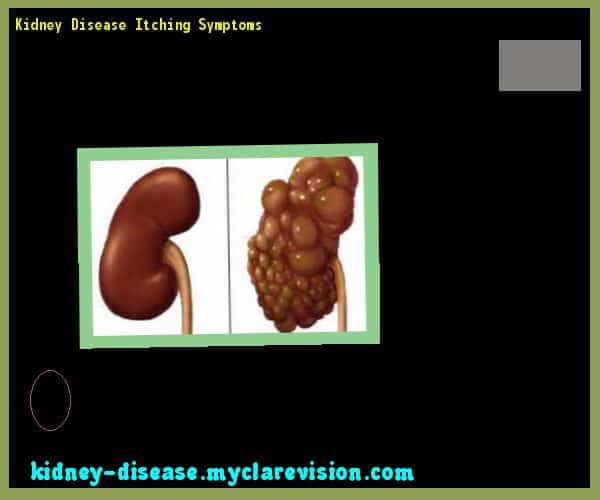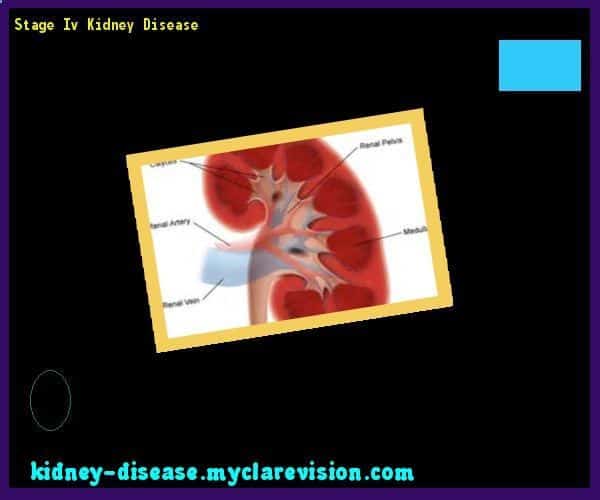What Are The Signs Of A Kidney Infection And What Does A Kidney Infection Feel Like Anyway
Both bladder and kidney infections share some symptoms such as painful urination, frequency, and urgency, but usually only kidney infections present with back pain, nausea or vomiting, fever, and chills, Dr. Movassaghi says. This pain is known as flank pain in the medical community and usually presents on either side of your body between your upper abdomen and lower back. Youll likely notice a deep, dull ache in the area, which is where your kidney pain would likely manifest.
So if youre a young or middle-aged adult, the signs of a kidney infection are similar to what you might experience in the beginning stages of UTI symptoms with extra unpleasantness thrown on top. Heres a breakdown of what to look out for:
- Pain in your back, side, or groin area,
- Nausea or vomiting
An important FYI: Kidney infection signs can differ depending on your age. Adults over 65 might not have any of the typical symptoms and instead present with cognitive issues like confusion, hallucinations, and disorganized speech.
Babies and toddlers, especially girls and uncircumcised boys, can be prone to kidney infections too. And when children under two are affected, the only symptom they might have is a high fever, notes the NIDDK.
Medical Treatment For Kidney Infections
Antibiotics are always the first line of defense against a kidney infection. If the kidney infection isnt severe, a doctor will likely give you oral antibiotics to take once or twice a day for 7 to 14 days.
Its important to take the entire course of antibiotics, even if you feel better within several days. Stopping early could lead to antibiotic resistance or re-infection. A doctor will also encourage you to drink plenty of water.
In some cases, kidney infections may require going to the hospital. Youll be given fluids and antibiotics intravenously through an IV, both of which can help treat the infection.
In addition, lab work and imaging may be done to determine the severity of the infection as well as the cause, such as a blockage due to a kidney stone or anatomical abnormality.
If you have recurring UTIs that increase your risk of frequent kidney infections, a doctor will help you establish the cause of their frequency and help you prevent further infections from occurring.
Im Pregnant How Will A Uti Affect My Baby
If you have a UTI and it isnt treated, it may lead to a kidney infection. Kidney infections may cause early labor. Fortunately, asymptomatic bacteriuria and bladder infections are usually found and treated before the kidneys become infected. If your doctor treats a urinary tract infection early and properly, it wont hurt your baby.
Also Check: Can You Get Kidney Stones From Eating Too Much Spinach
Recommended Reading: Chlamydia And Yeast Infection Together
How Are Children Treated For Kidney Stones
Most childrens kidney stones can be treated with the shock wave lithotripsy , a completely non-invasive procedure. Your child is placed under anesthesia and sound waves of specific frequencies are focused on the stones to shatter them into fragments small enough to be easily passed during urination.
You May Like: How To Pass Kidney Stones Fast Home Remedy
What Are The Symptoms Of Kidney Infections

Symptoms of kidney infections vary by age. Symptoms may include
- cloudy, dark, bloody, or foul-smelling urine
- frequent, painful urination
A child younger than 2 years old with a kidney infection may only have a high fever.
An adult older than age 65 with a kidney infection may have none of the typical symptoms. An older person may only have problems with thinking, such as
Recommended Reading: You Realize Your Computer Has Been Infected With Malware
Kidney Pain And Alcohol Abuse
Although the kidneys do not directly filter alcohol, problems associated with the kidneys may be related to the alcohol abuse. Alcohol can affect certain renal hormones such as anti-diuretic hormone and result in dehydration.
Alcohol may also raises the risk of atherosclerosis and cause clot formation in the kidneys.
How Are Acute Kidney Infections Treated
Children are typically given oral antibiotics to take at home. However, if the infection is advanced, a child may receive intravenous antibiotics in the hospital. Staying well hydrated is an extremely important part of treatment, and children should drink plenty of fluids during and after treatment. There is evidence that good hydration during recovery may help reduce long-term kidney damage.
Read Also: What Kind Of Doctor Treats Yeast Infection
What Are The Symptoms Of A Uti
Those who have had a urinary tract infection will tell you that theyre not a pleasant experience. Even though theyre common and very treatable, UTIs can be painful and frustrating, especially if they reoccur often.
Symptoms of a UTI can include:
- pain in your lower back or side
- pain, stinging or burning when you urinate
- feeling like you need to urinate more often than normal, but only passing a few drops
- urine that smells unusual and
- blood in your urine.
If a UTI has spread to your kidneys you might also experience fever, back pain, abdominal pain, diarrhoea and vomiting.
What Are The Symptoms Of An Acute Kidney Infection
Signs and symptoms vary with age:
- Newborns: no fever but poor feeding and vomiting
- Children < 2: may have a fever , a poor appetite, vomiting and diarrhea
- Children > 2: fever, appetite changes, stomach or lower back pain, symptoms of urgency, frequency and pain with urination
If a toilet trained child is having accidents during the day or night, it may be a sign of an infection. Typically a childs urine will have a strong, foul odor, and there may be blood in the urine.
Read Also: Ear Infection Treatment Ear Drops
How Are Kidney Infections Treated
The doctor will treat kidney infections with appropriate antibiotics. The urine and blood examination involves finding which antibiotic will work the best in the given infection. If the general condition of the patient is stable, they are given antibiotic pills that can be taken at home. In the case of seriously ill patients or patients with severe vomiting, hospital admission may be done. Such patients are given antibiotics and fluids through the vein . The doctor may give other medications, such as painkillers and antiemetics . A urine culture may be done to know whether the infection has cleared, and the antibiotics may be given for a longer duration if needed.
In patients with problems, such as kidney stones and structural abnormalities of the urinary tract, surgery may be done.
Signs Of Kidney Disease
Recommended Reading: What To Take For Bladder Infection Pain
Signs And Symptoms Of Kidney Infections
The symptoms of kidney infections depend on age, but in general, it starts with symptoms of a lower urinary tract infection, such as discomfort when urinating and frequent urination. Then, once the infection reaches the kidneys, there will be more serious symptoms, such as:
- Nausea and vomiting
- Painful and frequent urination: The infection can cause irritation and swelling in the urinary tract which makes urination painful and makes you think you need to urinate more.
- Blood in urine: Red blood cells in your urine might only be seen when checked under a microscope, but in some cases, the urine is visibly pink, red, or brown. This means that the filters in the kidneys or other parts of the urinary tract are allowing blood to leak into the urine.
Young children under two may only have a high fever without any other symptoms. People above the age of 65 may not have typical symptoms but may seem confused, have muddled speech, or hallucinate.
If left untreated, kidney infections can result in serious complications. Kidney failure can result from the infection. A kidney infection can also cause , an adverse reaction to infection in your bloodstream, which can lead to organ failure and death.
Shortness Of Breath After Very Little Effort

Why this happens:
Being short of breath can be related to the kidneys in two ways. First, extra fluid in the body can build up in the lungs. And second, anemia can leave your body oxygen-starved and short of breath.
What patients said:
At the times when I get the shortness of breath, its alarming to me. It just fears me. I think maybe I might fall or something so I usually go sit down for awhile.
I couldnt sleep at night. I couldnt catch my breath, like I was drowning or something. And, the bloating, cant breathe, cant walk anywhere. It was bad.
You May Like: Do Females Have Kidney Stones
Also Check: Young Living Oils For Ear Infection
Things You Can Try Yourself
If you have a kidney infection, try not to âhoverâ over the toilet seat when you go to the loo because it can result in your bladder not being fully emptied.
Itâs also important for most people with a kidney infection to drink plenty of fluids because this will help to flush out the bacteria from your kidneys. Aim to drink enough so that youâre frequently passing pale-coloured urine.
If you have kidney failure, get advice from your doctor on how much to drink.
Make sure you get plenty of rest. A kidney infection can be physically draining, even if youâre normally healthy and strong. It may take up to 2 weeks before youâre fit enough to return to work.
What Is Kidney Infection
Infection in the urinary tract can involve the lower tract especially the bladder , prostate or the upper tract and kidney . It is usually a bacterial infection. The disease occurs in roughly three to seven of every 10,000 people in the United States. The occurrence in pregnant women is about 2 percent. It is readily treatable if diagnosed early.
A bacteria called Escherichia Coli causes about 90 percent of kidney infections. The bacteria migrate from the genitals through the urethra into the bladder and up the tubes that connect the bladder to the kidneys.
Some bacteria, such as staphylococcus infections, can enter the kidneys from the bloodstream.
Recommended Reading: Why Do I Get Bladder Infection After Intercourse
What Is The Best Way To Prevent Kidney Infections
Although UTIs and kidney infections arent 100 percent preventable, there are several things you can do to reduce your risk:
- Regularly drink plenty of water to help flush your urinary tract. Cranberry juice can also help ward off UTIs.
- Eat a high-fiber diet, as constipation can lead to kidney infections.
- Perform pelvic exercises to help strengthen the bladder, which can prevent slow leaks that lead to bladder infections.
- Dont hold it. Use the restroom as soon as you feel the need to urinate.
- Avoid using spermicide-coated condoms or diaphragms and choose lubrication to prevent pain and tearing that can lead to UTIs.
If you think you may have a UTI or kidney infection, visit your nearest GoHealth Urgent Care, we’re a team of healthcare professionals who can help diagnose and treat your symptoms.
GoHealth Urgent Care partners with these regional healthcare providers:
- Northwell Health-GoHealth Urgent Care in New York
- Dignity Health-GoHealth Urgent Care in San Francisco
Drink Lots Of Liquid Especially Water
Liquids can help flush bacteria from the urinary system. Water is best. Most healthy people should try to drink six to eight, 8-ounce glasses of liquid each day. If you need to drink less water because of other health conditions, such as bladder control problems, kidney failure or heart disease, ask your health care provider how much liquid is healthy for you.
Also Check: How Do I Know If My Tooth Is Infected
How Is A Kidney Infection Diagnosis Confirmed
If youre feeling signs of a kidney infection, you should seek medical attention as soon as you can, if possible. A kidney infection can be serious because it can sometimes lead to a dangerous, life-threatening health condition called .
Even if your infection doesnt progress to that, a kidney infection can become chronic, i.e., long-lasting, and can cause permanent damage to your kidneys. Dr. Kaufman recommends heading to your local urgent care facility or emergency room if you have signs of a kidney infection.
For your doctor, diagnosing a kidney infection is pretty straightforward. They should start with lab tests like a urinalysis, which just involves peeing in a cup on your end. After you hand over your sample, the urine is examined under a microscope to check for the presence of bacteria and infection-fighting white blood cells. To see what kind of bacteria youre dealing with, the urine should also be cultured over the course of one to three days, according to the NIDDK. In some cases, your doc might also order imaging tests like a CT scan, MRI, or ultrasound to take a closer look at your kidneys.
What Does A Kidney Infection Feel Like
Generally speaking, the symptoms of a kidney infection tend to come on over a period of several hours to a day. The symptoms may include:
- Pain. This is often a dull, aching type of pain that most commonly affects the back, side, or abdomen.
- Urine changes. If you have a kidney infection, you may notice that your urine is cloudy, smells bad, or contains blood.
- Urgent, painful urination. A UTI can irritate the lining of your urinary tract. As a result, you may feel the urgent need to urinate and experience a painful, burning sensation when you do so.
- Fever. People with a kidney infection typically develop a fever, which can often be high. A raised temperature is one of your bodys ways of trying to fight the infection.
- Chills.Chills are a feeling of being cold without any apparent cause. For example, you could be wrapped up under a blanket and still shiver or feel very cold. In extreme cases, chills may lead to episodes of strong, uncontrollable shaking, which are known as rigors.
- Nausea or vomiting. The infection may cause you to feel nauseated or to vomit.
Its important to note that you may not have all of the above symptoms with a kidney infection. If you develop concerning symptoms that may point to a kidney infection, seek prompt medical care.
Read Also: Most Common Antibiotic For Urinary Tract Infection
Can A Kidney Infection Be Prevented Or Avoided
You can help prevent a kidney infection or UTI if you:
- Drink enough water
- Avoid using douches and scented products in your genital area
- Wipe your genital area from front to back
Although anyone can get a kidney infection, some people are at greater risk. Youre more likely to get a kidney infection if you:
Treatment For Utis Vs Kidney Infection Treatment

UTIs, including kidney infections, can be treated with a course of antibiotics. The type of antibiotic can depend on the type of bacteria thats causing your infection as well as how severe your infection is.
The doctor will often start you on an antibiotic that works against a wide variety of UTI-causing bacteria. If a urine culture is performed, the doctor may switch your antibiotic to one thats most effective at treating the specific bacterium thats causing your infection.
Simple UTIs can be treated with short 3- to 5-day courses of antibiotics. Treatment for kidney infections generally lasts 7 to 14 days, depending on which class of antibiotic is prescribed.
You may begin to feel better after only a few days on antibiotics. However, you should still make sure that you complete your entire treatment course as prescribed. If you do not take all of your antibiotics, the stronger bacteria may not be killed, causing your infection to persist and flare up again.
If youre pregnant, your doctor may also request a repeat urine sample following a kidney infection, even if your symptoms have resolved. This allows them to check to see whether your infection has completely cleared.
If there are still bacteria present in the sample, you may need another course of antibiotics. Persistence of bacteria can potentially harm an unborn baby.
People with severe kidney infections may need to be hospitalized. In this case, you may receive antibiotics and fluids intravenously.
Recommended Reading: Will Azithromycin Treat Yeast Infection